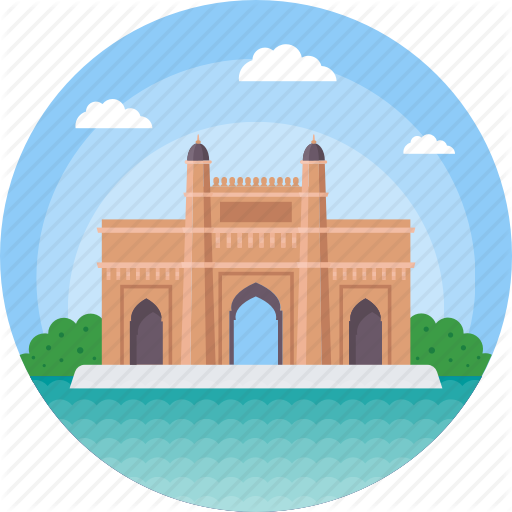 Discover Maharashtra - Culture, Food, Attractions and Key Facts
Discover Maharashtra - Culture, Food, Attractions and Key FactsCapital - Mumbai
No. of Districts - 36
Population - 112,374,333
Area - 307,713 sqkm
Pop. Density - 365/km2 (950/sq mi)
GDP - 32.24 lakh crore (US$450 billion)
Literacy Rate - 82.3%
Gender Ratio - 929
Official Website - https://www.maharashtra.gov.in/1125/Home
Maharashtra, located in the western part of India, is one of the most significant states in the country, both economically and culturally. Here are some key facts about Maharashtra:
Capital: The capital city of Maharashtra is Mumbai, which is also the financial capital of India. Mumbai is a bustling metropolis and the largest city in India.
Population: As of the last available data, Maharashtra is the second most populous state in India, after Uttar Pradesh, with a population exceeding 120 million people.
Language: Marathi is the official language of Maharashtra. It is widely spoken across the state, although due to Mumbai's cosmopolitan nature, several other languages are also spoken, including Hindi, English, and others.
Economy: Maharashtra has a diverse economy, with key sectors including manufacturing, services, agriculture, and finance. Mumbai, being the financial capital, is home to the Reserve Bank of India (RBI) and the Bombay Stock Exchange (BSE). The state is a major hub for industries such as textiles, IT, automobiles, and pharmaceuticals.
Geography: Maharashtra has a varied landscape, ranging from the Western Ghats in the west to the Deccan Plateau in the east. The state has a long coastline along the Arabian Sea, which contributes to its significance in trade and commerce.
Historical Significance: Maharashtra has a rich historical heritage, with several ancient kingdoms and empires having flourished in the region. The Maratha Empire, under the leadership of Shivaji Maharaj, played a crucial role in shaping the history of the region.
Tourism: Maharashtra is home to numerous tourist attractions. Mumbai, with its iconic landmarks such as the Gateway of India and Marine Drive, attracts millions of visitors every year. Other popular tourist destinations include the Ajanta and Ellora Caves, Elephanta Caves, hill stations like Lonavala and Mahabaleshwar, and pilgrimage sites like Shirdi and Pandharpur.
Culture: Maharashtra has a vibrant cultural scene, with a rich tradition of literature, music, dance, and theater. Festivals like Ganesh Chaturthi and Diwali are celebrated with great enthusiasm across the state.
Government: Maharashtra has a parliamentary system of government, with a Governor appointed by the President of India and a Chief Minister heading the elected state government. The state legislature is unicameral, consisting of the Maharashtra Legislative Assembly.
Education: Maharashtra boasts several prestigious educational institutions, including the University of Mumbai, Indian Institute of Technology Bombay (IIT Bombay), and Tata Institute of Social Sciences (TISS), among others.
These are just some of the key facts about Maharashtra, a state that plays a pivotal role in India's economy, culture, and history.